Covid-19:
school leaders have moved
mountains in mere moments

“Let’s not forget all that teachers and school leaders have already achieved for children and families,” says NAHT general secretary Paul Whiteman.

PAUL WHITEMAN,
NAHT GENERAL SECRETARY
One day, historians will write about the spring and summer of 2020.
They will attempt to convey the combination of panic and resolve, despair and determination, team spirit and isolation felt by all of us these last few months.
They will probably not get anywhere close to doing that justice.
Now I know how my parents and grandparents might have felt when reading historical accounts of WW2.
Wartime comparisons have certainly been splashed freely across newspapers’ front pages during lockdown.
Assertions that the virus was an enemy we would fight and ultimately defeat might have suited some commentators, but we know that was rubbish.
Claims that ‘schools were shut’ and ‘staff were inactive’ were peddled for a time, but they were also rubbish. The same goes for the disgraceful headlines we saw in some newspapers about a battle between unions and the government.
Stoking divisions placed an unnecessary obstacle in the way of what we all wanted most: for our classrooms to go back to being the busy, happy environments of old as soon and as safely as possible.
The strain has not been good for our nation.
For one thing, our political leaders have often been found wanting.


PAUL WHITEMAN,
NAHT GENERAL SECRETARY
One day, historians will write about the spring and summer of 2020.
They will attempt to convey the combination of panic and resolve, despair and determination, team spirit and isolation felt by all of us these last few months.
They will probably not get anywhere close to doing that justice.
Now I know how my parents and grandparents might have felt when reading historical accounts of WW2.
Wartime comparisons have certainly been splashed freely across newspapers’ front pages during lockdown.
Assertions that the virus was an enemy we would fight and ultimately defeat might have suited some commentators, but we know that was rubbish.
Claims that ‘schools were shut’ and ‘staff were inactive’ were peddled for a time, but they were also rubbish. The same goes for the disgraceful headlines we saw in some newspapers about a battle between unions and the government.
Stoking divisions placed an unnecessary obstacle in the way of what we all wanted most: for our classrooms to go back to being the busy, happy environments of old as soon and as safely as possible.
The strain has not been good for our nation.
For one thing, our political leaders have often been found wanting.

From day one, I have seen just how purposefully and willingly you have grasped the baton handed over by the government.
If the crisis has daunted you, it certainly hasn’t diverted you from the work that needed to be done: to draw up plans, to make astonishingly complex decisions and to maintain support for families. By collaborating and organising effectively, school leaders have moved mountains in mere moments.
I’m pleased that unions have been central to finding solutions to the crisis, often where the national government has been too slow, too unimaginative or just plain wrong.
At the beginning of all this, I never thought I would address thousands of you via webcast. It is astonishing how lockdown has improved the way we communicate with you and support you.
Right now, education is full of people who have been trying to be more like the people they aspired to be when they were called into public service in the first place.
In doing so, you are suppressing your inner fears while projecting outward calm. That is hard work – and though we might be losing sleep over it, no one is shirking it.
It has been heartbreaking to consider the impact of the virus on many young people. Not necessarily because of what happens if they catch it, or because their learning has been disrupted, but because this will be a time they will never get back. Our job is to make sure this year doesn’t come to define them negatively.
Our chances of success are uncertain. For one thing, we will need to convince the government to entirely refocus its attitude to social disadvantage, equality and poverty. But in our endeavours, we have the power to define our experience of this year.
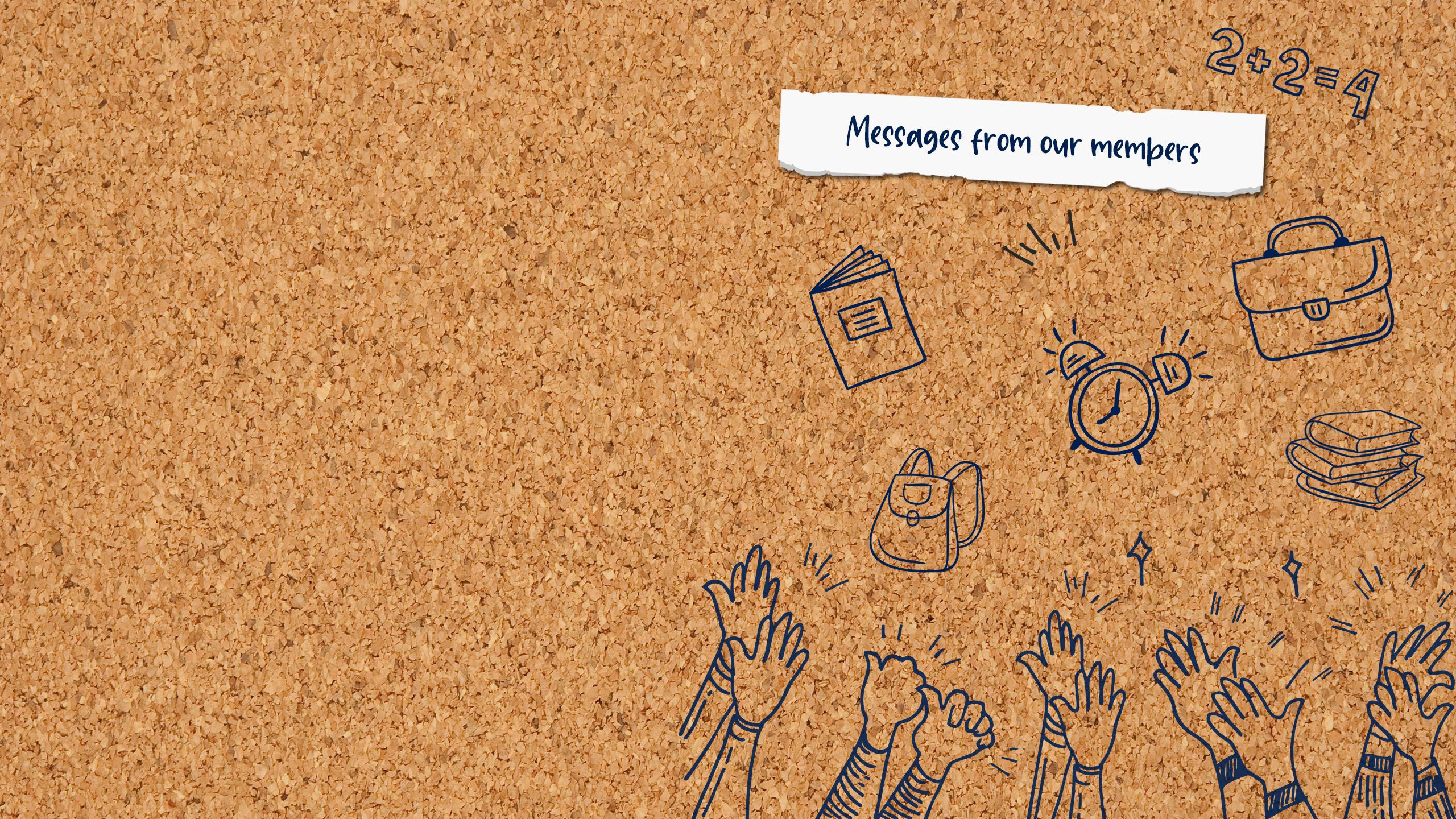
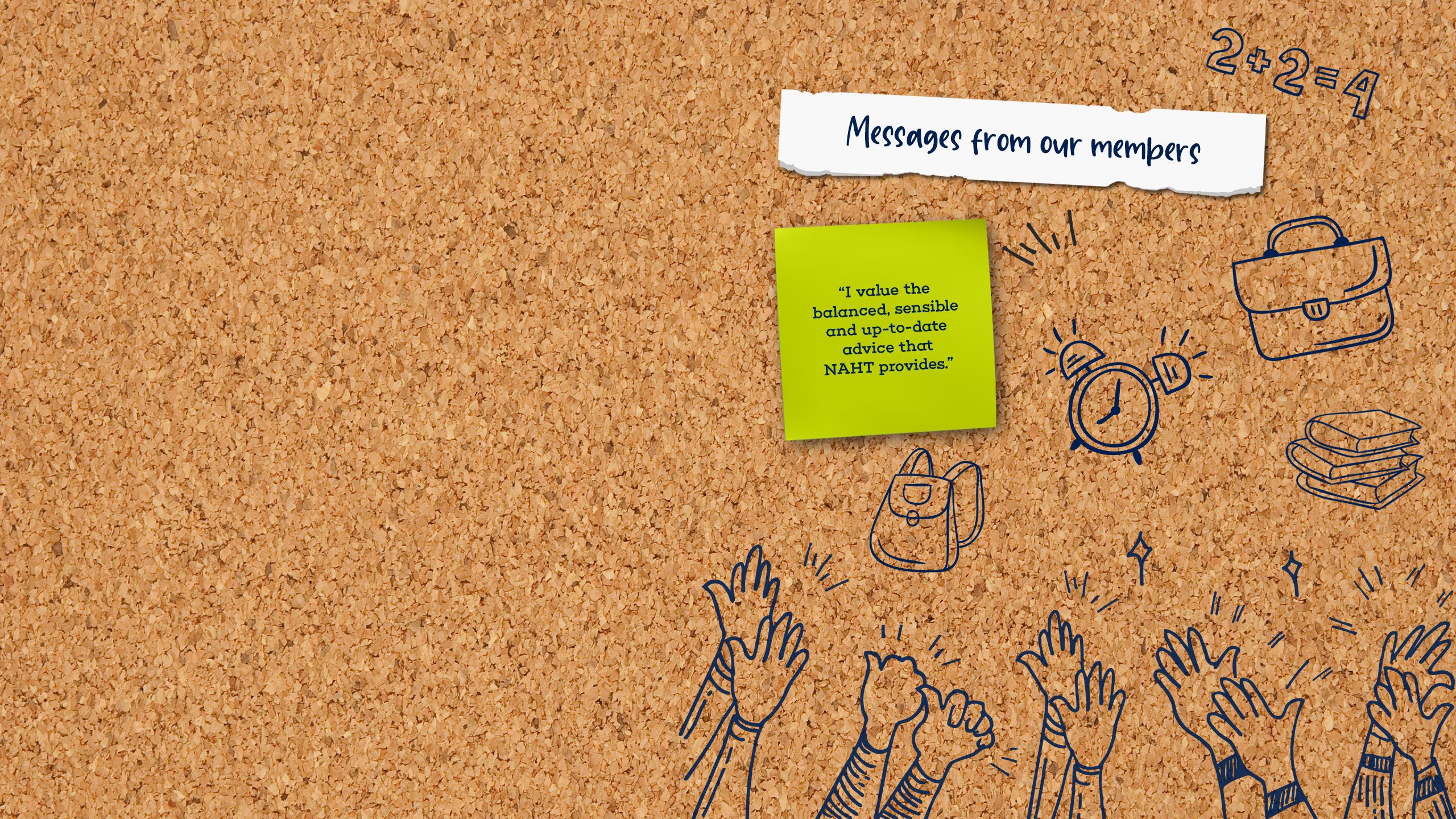
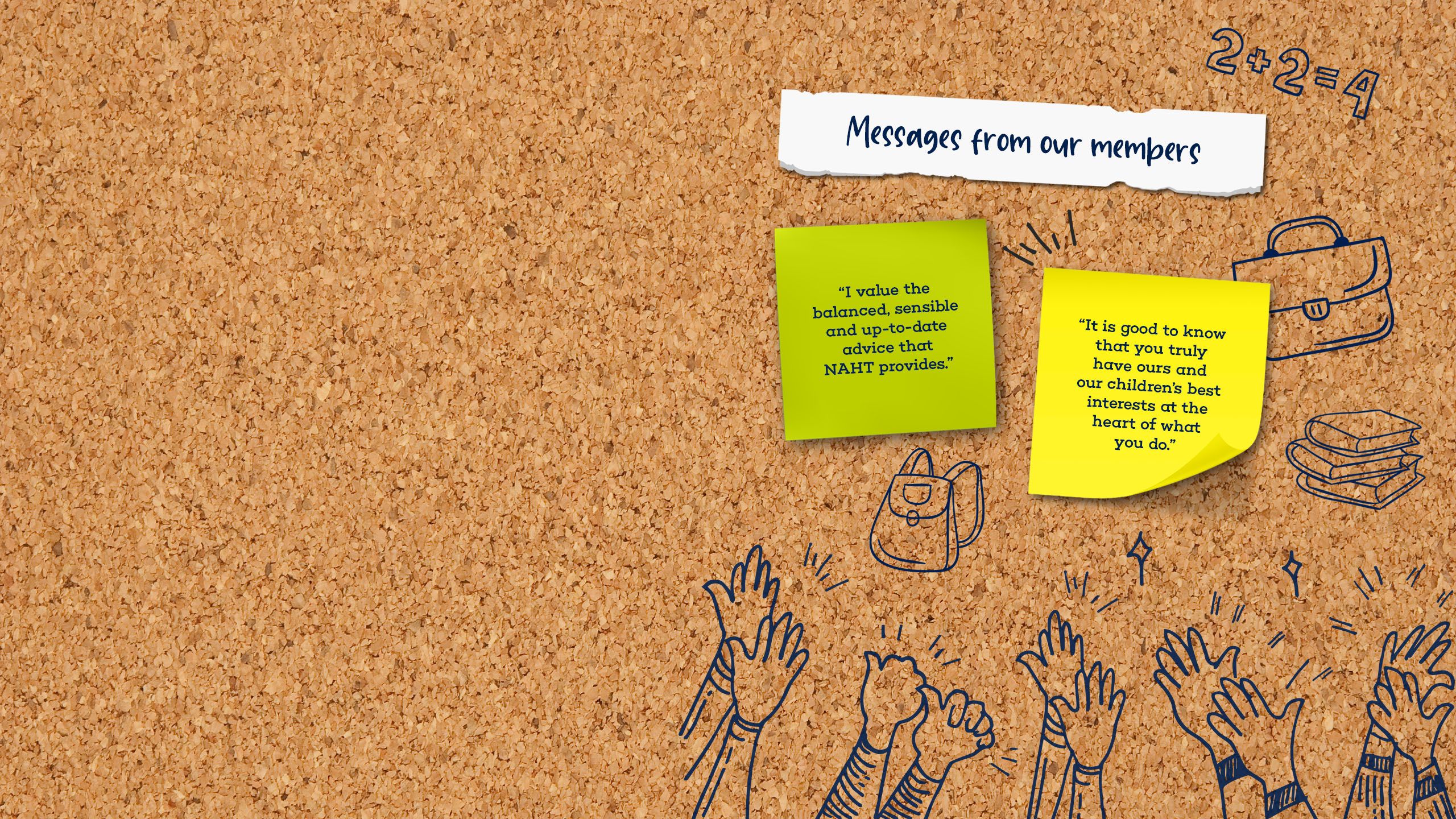
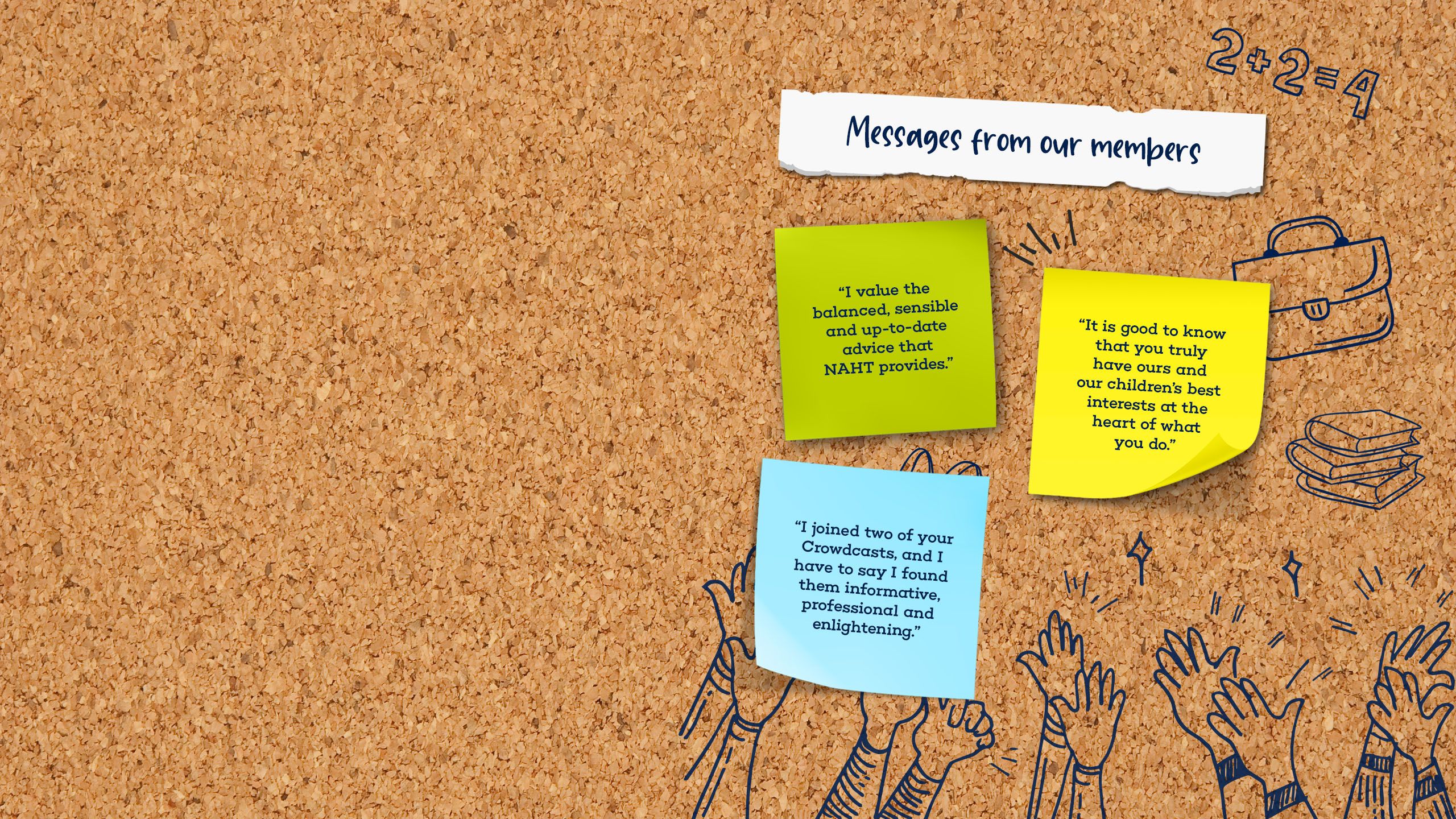
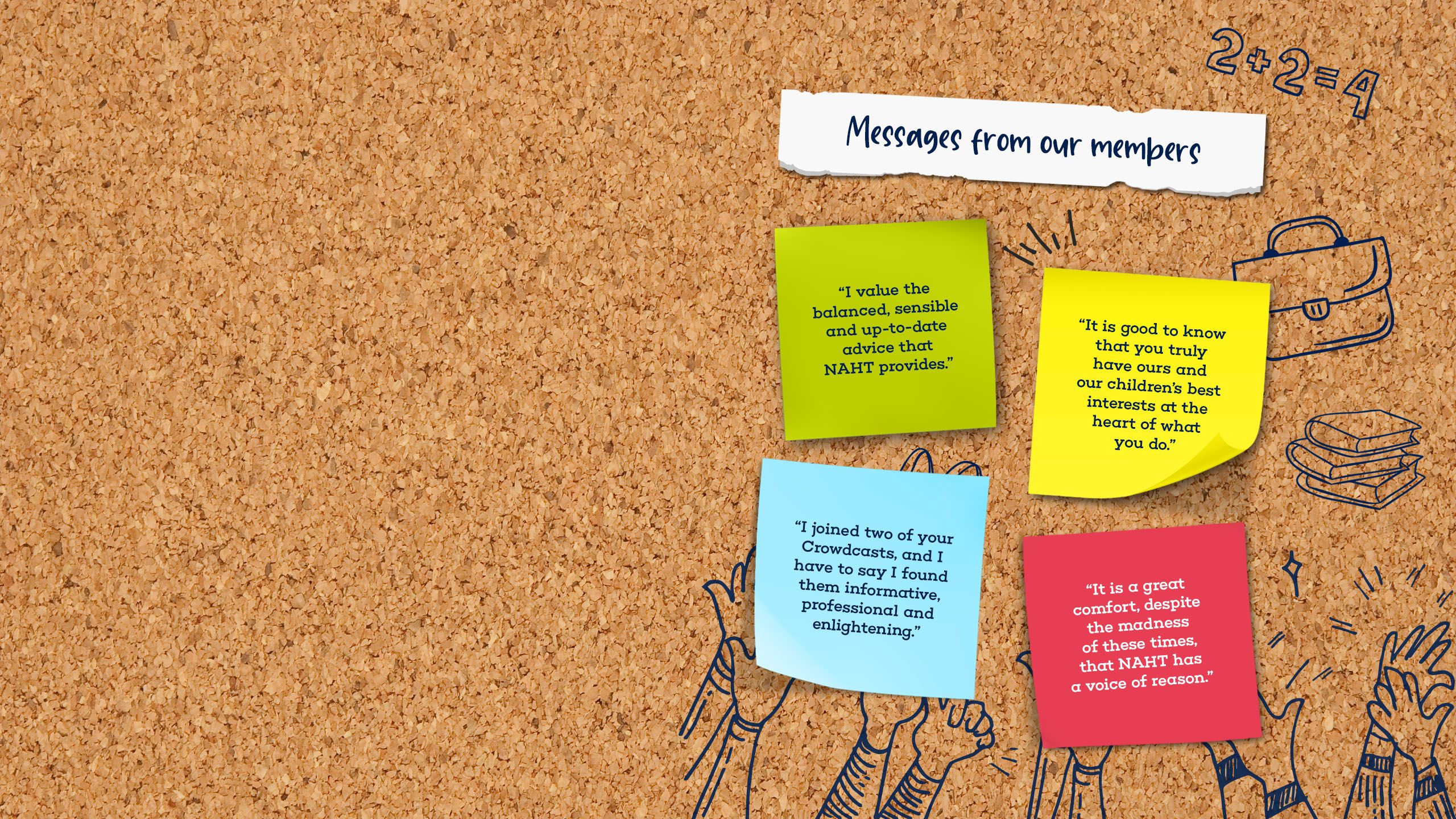
From day one, I have seen just how purposefully and willingly you have grasped the baton handed over by the government.
If the crisis has daunted you, it certainly hasn’t diverted you from the work that needed to be done: to draw up plans, to make astonishingly complex decisions and to maintain support for families. By collaborating and organising effectively, school leaders have moved mountains in mere moments.
I’m pleased that unions have been central to finding solutions to the crisis, often where the national government has been too slow, too unimaginative or just plain wrong.
At the beginning of all this, I never thought I would address thousands of you via webcast. It is astonishing how lockdown has improved the way we communicate with you and support you.
Right now, education is full of people who have been trying to be more like the people they aspired to be when they were called into public service in the first place.
In doing so, you are suppressing your inner fears while projecting outward calm. That is hard work – and though we might be losing sleep over it, no one is shirking it.
It has been heartbreaking to consider the impact of the virus on many young people. Not necessarily because of what happens if they catch it, or because their learning has been disrupted, but because this will be a time they will never get back. Our job is to make sure this year doesn’t come to define them negatively.
Our chances of success are uncertain. For one thing, we will need to convince the government to entirely refocus its attitude to social disadvantage, equality and poverty. But in our endeavours, we have the power to define our experience of this year.
